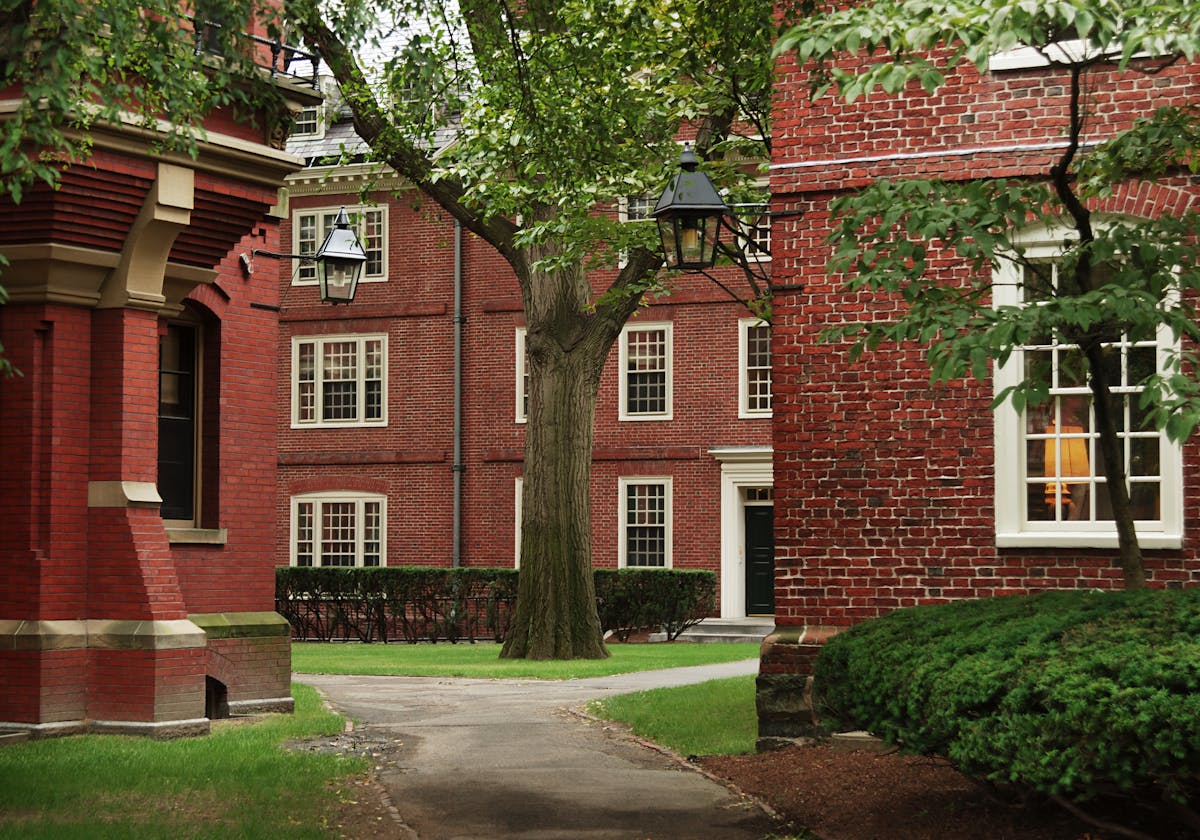Harvard Unlikely To Regain Revoked $2.2 Billion Federal Funds as Timeline for Legal Battle Takes Shape
During a brief hearing on Monday, U.S. District Judge Allison Burroughs set opening arguments for July 21.

Harvard University is unlikely to regain access to the $2.2 billion dollars in federal funding that was revoked by the Trump administration until well into the summer as the timeline for the Ivy League school’s legal battle against the government begins to shape up.
During a brief hearing on Monday, U.S. District Judge Allison Burroughs set opening arguments for the lawsuit for July 21. That means that Harvard will remain iced out of the federal funds at least until then — unless the government flip-flops and decides to reinstate the money.
The decision comes as Harvard’s lawyers implored Judge Burroughs, a President Obama appointee, to schedule oral arguments “as soon as your honor is able to accommodate.” Harvard maintains that the funding cuts will force researchers to halt life-saving projects in fields like cancer, heart disease, neurodegenerative disease, obesity and diabetes, and others.
Although Harvard boasts the largest endowment of any American university — an eye watering $53 billion — the pool of funds cannot be used as an all-purpose piggy bank to fill in the holes left by the frozen grants and contracts. Harvard’s ability to tap the pool of funds is massively limited by donor restrictions, legal challenges, and other investment-related obstacles.
Harvard has thus been eyeing other ways to drum up cash. The Ivy League school plans to issue $750 million in taxable bonds this month, bringing its total offering this year to $1.2 billion.
Harvard has also been seeking support from its alumni base, reaching out to former donors in the hopes of inspiring them to issue new commitments. Although its mega donors appear hesitant to sign any new big checks — some remain disappointed in the university’s failure to address antisemitism while others worry about political risks of publicly backing the institution — the school has seen an outpour of support from smaller donors.
The standoff between the administration and the nation’s oldest and wealthiest college kicked off earlier this month when Harvard’s president, Alan Garber, announced that the school would not implement a list of demands drafted by several government agencies.
The reforms were issued in light of the university’s “failure to protect students on campus from anti-Semitic discrimination,” the department of education wrote in a letter to the university two weeks ago. The administration then issued an initial list of policy changes that were required to continue the flow of federal funding. The proposed reforms include banning masking during protests, enforcing existing disciplinary policies, and dismantling diversity, equity, and inclusion programs, among others.
The administration followed up with a second, more expansive set of reforms that also targeted anti-conservative bias. The new proposal called on Harvard to audit its academic programs and departments and to reform those that “fuel antisemitic harassment or reflect ideological capture.” The government also directed Harvard to monitor and manage the “viewpoint diversity” of the student body and the faculty, among other additional demands.
Mr. Garber decried the proposal as government overreach and announced that the school would not implement the reforms, becoming the first school to openly defy the administration and putting $9 billion in federal grants and contracts in limbo.
The government responded by yanking $2.2 billion in multi-year grants and $60 million in multi-year contracts to Harvard. The federal government’s antisemitism task force chided Mr. Garber for reinforcing “the troubling entitlement mindset that is endemic in our nation’s most prestigious universities and colleges — that federal investment does not come with the responsibility to uphold civil rights laws.” An additional $1 billion in funding may also be on the chopping block, sources told the Wall Street Journal last week.
The Cambridge-based university then filed a federal lawsuit against several federal agencies, accusing them of violating the school’s First Amendment rights and other federal protections by launching a “pressure campaign to force Harvard to submit to the Government’s control over its academic programs,” they write in their complaint.
Some alumni and academics have hailed Harvard as a hero for standing up to what they view as government overreach. Several of Harvard’s most influential donors, however, have been privately urging the school to settle its dispute with the government rather than take the case to court.

